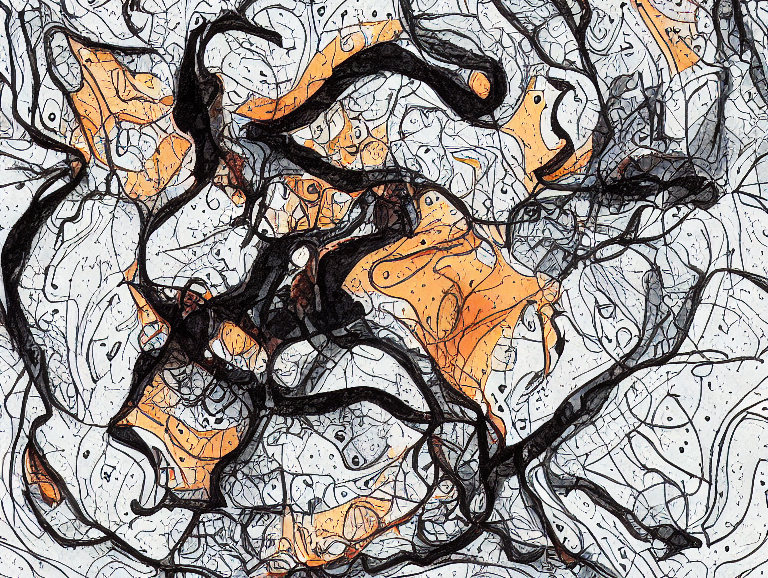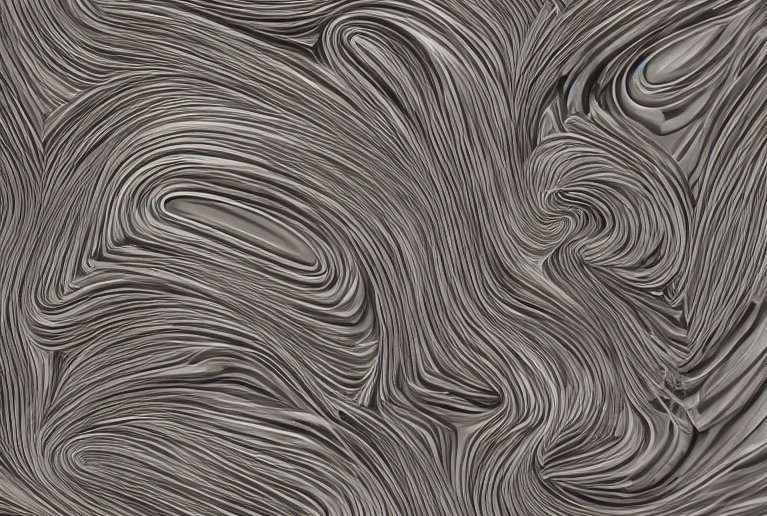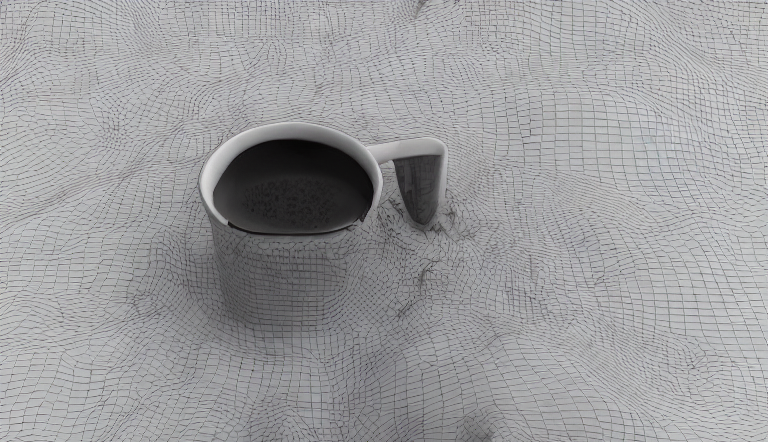Caffeine is a widely used stimulant found in a variety of beverages and foods. While moderate caffeine consumption is generally considered safe for most people, excessive caffeine intake can lead to negative side effects. In addition, caffeine dependence can lead to withdrawal symptoms. As such, many people are looking to reduce or eliminate caffeine from their diets.
What is caffeine withdrawal?
Caffeine withdrawal is a group of symptoms that occur when someone who regularly consumes caffeine suddenly stops or significantly reduces their caffeine intake. Caffeine is a stimulant that affects the central nervous system and can lead to dependence in some people. When someone becomes dependent on caffeine, their body and brain become accustomed to the effects of the drug, and they may experience withdrawal symptoms if they stop consuming caffeine.
Symptoms of caffeine withdrawal

If you try to imagine, what caffeine withdrawal feels like, you will get the following picture of symptoms and adverse reactions:
- Headache: This is one of the most common symptoms and can range from mild discomfort to severe migraine.
- Fatigue: Caffeine stimulates the central nervous system, so when it’s removed, people may feel tired and lack energy.
- Drowsiness: People may feel more sleepy and have trouble staying awake.
- Irritability: Without the effects of caffeine, people may feel more anxious and irritable.
- Difficulty Concentrating: Caffeine can improve focus and attention, so when it’s not present, people may find it harder to concentrate.
- Depression: People may experience feelings of sadness or depression without the mood-enhancing effects of caffeine.
- Nausea: Some people may feel nauseous and experience stomach discomfort.
Other symptoms of caffeine withdrawal can include muscle pain or stiffness, and flu-like symptoms such as sweating and chills. These symptoms can vary in severity depending on the individual, with some people experiencing mild symptoms, while others may experience more severe withdrawal symptoms.
How long does caffeine withdrawal last?
These symptoms typically begin within 12 to 24 hours after the last caffeine consumption and can last for a week. The timeline may differ from person to person. Everyone has an individual experience and an organism. To minimize withdrawal symptoms, it is recommended to gradually decrease caffeine intake rather than stopping suddenly.
Coping & Relief From Caffeine Withdrawal

Here are some tips for treating caffeine withdrawal symptoms in a home setting. These tips are frequently mentioned throughout this series of articles, but they are too easily forgotten or disregarded. Hence, I will reiterate them with emphasis.
- Gradually decrease caffeine intake: To minimize withdrawal symptoms, it’s best to gradually decrease your caffeine intake rather than quitting suddenly. This can be done by gradually reducing the amount of caffeine you consume each day or switching to decaffeinated drinks.
- Hydrate: Dehydration can worsen caffeine withdrawal symptoms, so it’s important to drink plenty of water and other fluids.
- Get enough sleep: Adequate sleep can help reduce the severity of withdrawal symptoms and improve overall well-being.
- Exercise: Physical activity can help relieve symptoms and improve mood. Start and increase your activity gradually. Do not waste all your strength on it. It should help, not exhaust.
- Distract yourself: Engaging in activities you enjoy, such as reading, watching a movie, or spending time with friends, can help distract you from withdrawal symptoms. With regard to caffeine, this is a working practice.
- Over-the-counter (OTC) Analgesics – Analgesics such as aspirin, acetaminophen, or naproxen can alleviate withdrawal symptoms, including headaches, and alleviate any physical discomfort in the muscles or joints. Certain OTC formulations incorporate caffeine in addition to analgesics, which can be employed as a means to gradually reduce the dose.
How to Taper Your Caffeine Intake
If you are looking to reduce or eliminate caffeine from your diet, it is important to do so gradually to minimize the risk of withdrawal symptoms. Here are some steps to help you taper your caffeine intake:
- Keep track of your caffeine intake: Start by keeping track of how much caffeine you consume each day. This can include coffee, tea, soda, energy drinks, chocolate, and other sources of caffeine.
- Set a goal: Decide on a goal for how much caffeine you want to consume each day, and gradually work your way down to that amount. A good starting point may be to reduce your caffeine intake by about 25% each week.
- Substitute caffeine-free beverages: Replace caffeinated beverages with non-caffeinated alternatives such as water, herbal tea, or decaf coffee. This can help reduce your overall caffeine intake while still allowing you to enjoy a hot or cold beverage.
- Mix caffeinated and decaf: Gradually transition to a mix of caffeinated and decaf versions of your favorite beverages, slowly increasing the amount of decaf over time.
- Pay attention to your body: Be aware of any withdrawal symptoms you may experience and adjust your tapering schedule accordingly. If you experience severe or persistent symptoms, consult a healthcare provider.
Who Should Avoid or Limit Caffeine

While moderate caffeine consumption is generally considered safe for most people, there are certain groups who should avoid or limit their caffeine intake. These include:
Pregnant and breastfeeding women: Caffeine can cross the placenta and be transferred to the fetus or to breast milk, potentially affecting fetal growth and development. Pregnant women are advised to limit their caffeine intake to no more than 200 milligrams per day, which is roughly equivalent to one 12-ounce cup of coffee.
Children and adolescents: Children and adolescents are more sensitive to the effects of caffeine than adults and may experience negative side effects such as nervousness, anxiety, and sleep disturbances. As such, the American Academy of Pediatrics recommends that children and adolescents avoid or limit their caffeine intake.
Individuals with certain health conditions: People with certain health conditions such as anxiety disorders, heart conditions, high blood pressure, and gastrointestinal disorders may be advised to avoid or limit their caffeine intake. Caffeine can worsen symptoms of these conditions or interact with certain medications.
People who are sensitive to caffeine: Some people may be more sensitive to the effects of caffeine than others, and may experience negative side effects even with moderate caffeine consumption. If you are particularly sensitive to caffeine, you may want to limit your intake or avoid caffeine altogether.
Overall, it is important to be aware of your own caffeine sensitivity and to consult with a healthcare provider if you have any concerns about your caffeine intake.
Long-Term Treatment for Caffeine Withdrawal
Long-term treatment for caffeine withdrawal typically involves addressing the underlying causes of caffeine dependence and developing healthy habits to support overall health and well-being. Here are some strategies that can help:
- Address the root cause: Caffeine dependence can be caused by a variety of factors, including stress, poor sleep habits, and dietary choices. By addressing these underlying causes, you can reduce your dependence on caffeine and minimize the risk of withdrawal symptoms.
- Develop healthy sleep habits: Good sleep habits can help reduce the need for caffeine to stay awake and alert during the day. Aim for 7-8 hours of sleep each night, and establish a regular sleep routine by going to bed and waking up at the same time each day.
- Reduce stress: Stress can increase the body’s need for caffeine to stay alert and focused. Try stress-reduction techniques such as meditation, deep breathing, or yoga to help manage stress and reduce caffeine dependence.
- Seek professional help: If you are struggling to manage caffeine withdrawal or have concerns about your caffeine intake, consider consulting a healthcare provider or a mental health professional for additional support and guidance.
Summary
In conclusion, while caffeine can provide a boost of energy and alertness, excessive caffeine consumption and dependence can lead to negative side effects and withdrawal symptoms. If you are looking to reduce or eliminate caffeine from your diet, it is important to do so gradually and be patient with the process. By addressing the underlying causes of caffeine dependence, developing healthy habits, and seeking professional help if necessary, you can reduce your dependence on caffeine and support overall health and well-being in the long-term.
It’s important to remember that everyone’s experience with withdrawal is unique, and some people may experience more severe symptoms than others. If you’re experiencing symptoms of caffeine withdrawal that are impacting your daily life, it is recommended to speak with a doctor or healthcare professional for personalized treatment and support.
✔️
This marks the finish of today’s session. It is my hope that this piece was enlightening.
If you desire to advance the growth of this blog, I suggest the following actions:
- Follow my Twitter.
- Circulate a link to this article among your associates.
- Give recognition to this blog on relevant platforms or discussion groups.
Should you identify any necessary additions or corrections in this article, feel free to initiate a dialogue with me via Contact Form. I am always open to communication.
I express my gratitude for your valuable time and consideration 🥛




